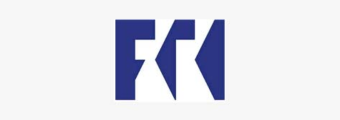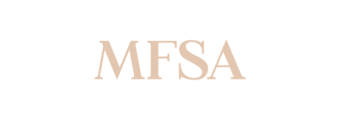FCA
Who is the FCA?
The Financial Conduct Authority (FCA) in the UK is one of the most reputable regulatory watchdogs in the world for regulating forex brokers and other financial entities.
Forex traders would prefer to open trading accounts from FCA regulated forex brokers because of the watchdog’s stringent regulatory laws, protection of client funds and companies insolvency compensation rules etc.
After Brexit comes into force, FCA license is only available for UK traders, not for EU clients. Forex companies must get a EU passport if they want to reach EU clients.
How does the FCA regulate a forex broker?
1. Safety of Client Funds:
FCA requires investment companies(including forex brokers) to open segregated accounts for their client funds; from this point, the client funds are protected.
The FCA handbook details are as follow
A firm, on receiving any client money, must promptly place this money into one or more accounts opened with any of the following:
(1) a central bank;
(2) a CRD credit institution;
(3) a bank authorised in a third country;
(4) a qualifying money market fund.
2. Requirement on Forex Brokers' Reports:
Annual accoounts and reports; Annual controllers reporting; Client asset reports; Client money and assets reporting; Market data reporting; Product sales data reporting; Remuneration data reporting; Reporting complaints; Transaction reporting.
RELATED AGENCIES







RELATED AGENCIES






RECOMMEND
Risk Warning:
FX trading is of high risk and may not be suitable for all investors. Leverage will create additional risks and loss. Before trading, please carefully consider your investment objectives, experience level and risk tolerance. You may lose part or all of your initial investment; do not invest money that you cannot afford. Educate yourself about the risks associated with FX trading. If you have any questions, please consult an independent financial or tax advisor. Any data and information are provided "as is" and only for information purpose, not for trading or recommendations. Past performance does not predict future results.
Business Cooperation

telegram:Please scan the QR code above to contact us.
Email:fxorone@gmail.com






